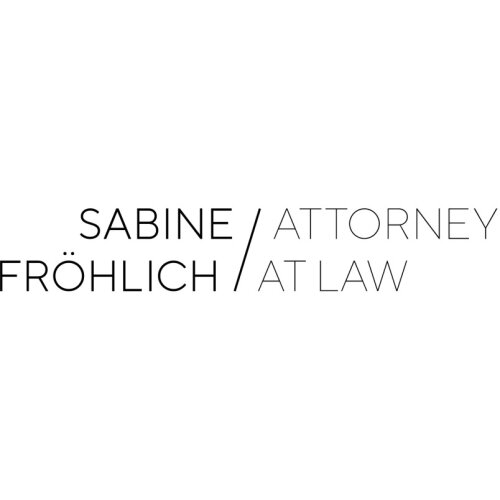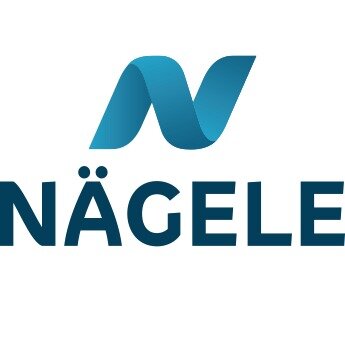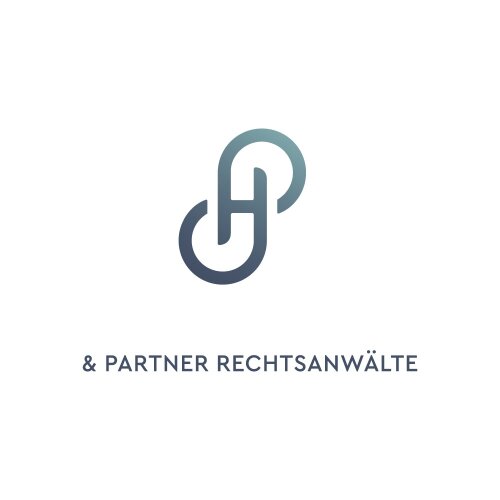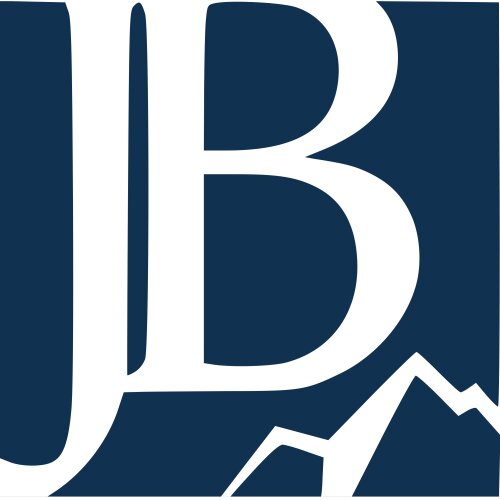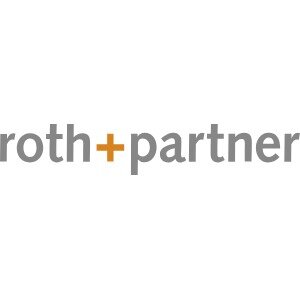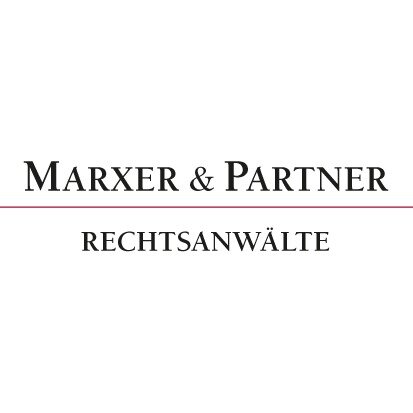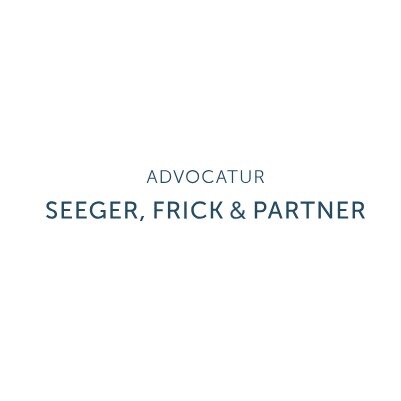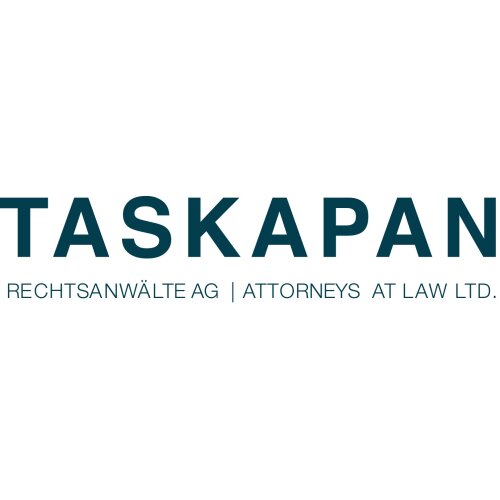Best Water Law Lawyers in Liechtenstein
Share your needs with us, get contacted by law firms.
Free. Takes 2 min.
Or refine your search by selecting a city:
List of the best lawyers in Liechtenstein
About Water Law in Liechtenstein
Water Law in Liechtenstein governs the use, management, and protection of water resources within the country. Due to its geographical features and the significance of the Rhine River, Liechtenstein takes a structured approach to ensuring its water resources are distributed, maintained, and preserved. The legal framework covers surface water, groundwater, sewage, flood protection, water pollution, and the rights and obligations of both private and public entities in managing water resources. This area of law combines environmental protection, public health, property rights, and administrative regulation.
Why You May Need a Lawyer
Legal issues surrounding water can be complex and may involve multiple stakeholders, such as private landowners, businesses, government agencies, and neighboring countries. Common situations where legal assistance may be required include:
- Ownership disputes regarding water bodies or groundwater resources
- Obtaining permits or licenses for the use, extraction, or discharge of water
- Compliance with environmental regulations or remediation of water pollution
- Resolving conflicts in water usage between agricultural, industrial, and residential users
- Advising on water-related aspects of property development and construction
- Handling transboundary water management issues
- Representing clients in administrative or court proceedings concerning water rights
Local Laws Overview
Liechtenstein's Water Law framework is primarily structured by the Wassergesetz (Water Act) and its related regulations. Key aspects include:
- Water Usage Rights: Water is considered a public good, and usage typically requires permits from the government unless otherwise stated for specific smaller usages.
- Permit System: Most activities involving surface water and groundwater extraction (for example, for drinking water or commercial use) need official authorization. Unauthorized water usage can result in penalties.
- Water Protection: Strict rules are in place to prevent water pollution. Discharge of pollutants from industrial, agricultural, or domestic sources is heavily regulated.
- Flood Protection and Maintenance: Landowners may be required to maintain watercourses on their property and comply with government measures to mitigate flood risk.
- Transboundary Water Management: Liechtenstein cooperates with neighboring countries, especially Switzerland and Austria, for the management of shared water resources along the Rhine and in border regions.
- Sanctions and Enforcement: The law provides for administrative and criminal sanctions for breaches related to water usage and protection.
Frequently Asked Questions
What types of water usage require a permit in Liechtenstein?
Most forms of extracting or using groundwater or surface water need a permit, especially for commercial, agricultural, or industrial purposes. Small-scale private uses (such as for gardens) may be exempt in certain circumstances.
How can I apply for a water use permit?
Applications must be made to the responsible government authority, typically the Office of the Environment. You must provide information about the planned usage, location, and expected impact on resources.
What are the main laws governing water protection?
The Water Act (Wassergesetz) and related regulations set the legal framework for water protection, pollution control, and conservation in Liechtenstein.
How does Liechtenstein handle water pollution incidents?
Pollution incidents must be reported immediately. Authorities will investigate and may require remedial action. Offenders can face administrative penalties or criminal prosecution.
Who is responsible for maintaining rivers and streams?
Maintenance is generally the responsibility of adjacent landowners in small streams, while larger watercourses may be managed by the government or relevant municipalities under supervision.
Are there restrictions on building near water?
Yes, construction near water bodies is subject to strict zoning and environmental regulations to protect against pollution, erosion, and flooding.
Can water rights be transferred?
Water usage permits are typically personal and tied to specific property or business activities. Transfers are limited and generally require government approval.
Does Liechtenstein cooperate internationally on water issues?
Yes, especially regarding the Rhine and other shared resources. International agreements ensure cooperation on water quality, quantity, and flood control.
What penalties exist for violating water laws?
Penalties can include fines, orders to remedy the violation, and in severe cases, criminal prosecution. Penalties depend on the severity and nature of the offense.
How can I resolve a water dispute with a neighbor?
Many disputes are resolved through negotiation or mediation, but legal proceedings can be initiated if necessary. A lawyer with expertise in Water Law can advise on the best approach.
Additional Resources
If you need further guidance or want official information, consider the following resources:
- Office of the Environment (Amt für Umwelt): Responsible for water management, issuing permits, and enforcing Water Law provisions.
- Municipal Offices: Can provide guidance on construction, land use, and local water issues.
- Chamber of Lawyers (Liechtensteinische Rechtsanwaltskammer): Offers directories to find qualified legal professionals.
- Environmental Organizations: Such as local NGOs focused on water protection and sustainability.
Next Steps
If you require legal assistance with a Water Law issue in Liechtenstein, follow these suggested steps:
- Gather all relevant documents, such as permits, correspondence, maps, and evidence related to your water concern.
- Identify the nature of your legal issue, for example, permit application, dispute resolution, compliance, or defense against enforcement action.
- Contact a qualified lawyer specializing in Water Law. Use the Chamber of Lawyers directory or seek recommendations.
- Prepare specific questions and outline your objectives before your consultation.
- Consult with governmental offices, such as the Office of the Environment, for administrative procedures or official guidance.
- Consider exploring mediation or alternative dispute resolution for neighbor disputes before initiating legal proceedings.
A lawyer can help clarify the law, represent your interests, and guide you through complex administrative or court processes to achieve the best outcome for your situation.
Lawzana helps you find the best lawyers and law firms in Liechtenstein through a curated and pre-screened list of qualified legal professionals. Our platform offers rankings and detailed profiles of attorneys and law firms, allowing you to compare based on practice areas, including Water Law, experience, and client feedback.
Each profile includes a description of the firm's areas of practice, client reviews, team members and partners, year of establishment, spoken languages, office locations, contact information, social media presence, and any published articles or resources. Most firms on our platform speak English and are experienced in both local and international legal matters.
Get a quote from top-rated law firms in Liechtenstein — quickly, securely, and without unnecessary hassle.
Disclaimer:
The information provided on this page is for general informational purposes only and does not constitute legal advice. While we strive to ensure the accuracy and relevance of the content, legal information may change over time, and interpretations of the law can vary. You should always consult with a qualified legal professional for advice specific to your situation.
We disclaim all liability for actions taken or not taken based on the content of this page. If you believe any information is incorrect or outdated, please contact us, and we will review and update it where appropriate.
Browse water law law firms by city in Liechtenstein
Refine your search by selecting a city.



